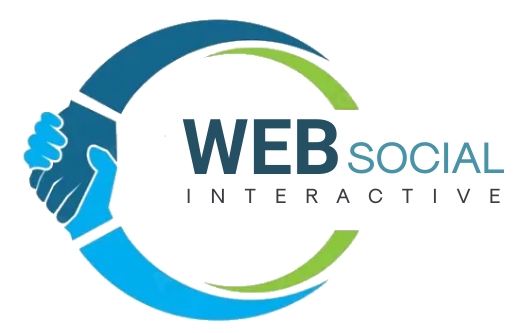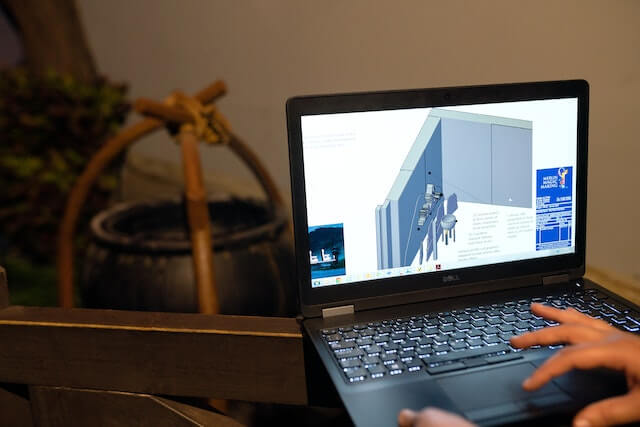Managing rental properties can be stressful; they need to be rented out quickly to produce income, collected rent from tenants, assessed potential late fees, processed maintenance requests and bills, and monitored for financial performance.
As a real estate investor, you have many responsibilities. One of the most important is growing your rental property business over time. If this seems like a lot to handle, know that software can lead you through the process. It can help you manage your daily duties and even market your properties.
A small portfolio as an investor or property manager leads to the temptation to manually manage properties.
Excel’s venerable spreadsheet is a classic.
Being conscious of the Notes app on your smartphone is inferior to using a time-tracking app.
Even if you only own a few properties today, there are better options.
Property management programs can take care of a large portfolio or small landlord’s property. They can even perform multiple functions.
- Making rent collection easier and faster helps increase the amount of rent collected each month.
- Streamlining maintenance requests and tenant communication reduces overall maintenance requests and complications.
- In an effort to reduce the application and screening process, the school implemented a simplified system.
- It’s more convenient to use accounting tools intended for property management instead of relying on QuickBooks, which may be inconvenient.
- Additional advantages exist as well.
Finding time to properly manage rental properties can be difficult. These properties need to maintain repairs, maintenance and inspections; they also need to schedule screeningings and interviews with potential tenants to make sure they’re reliable. Plus, these landlords need to keep track of paperwork like rental agreements and other drivers.
Property management software can streamline the process. Good software can list your property, screen your tenants and handle paperwork in one place.
What does property management software accomplish?
Proper property management software keeps track of financial records, allows tenants to be organized and tracked and helps property managers manage rental properties. It also pulls together data from multiple sources and stores it in an easy-to-use format.
Property management software often has features such as tenant verification, lease preparation, online rent collection, maintenance request management and secure document storage.

